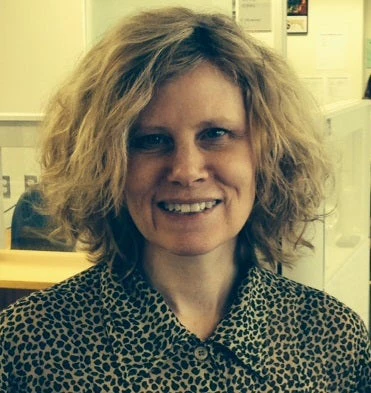
In a World Water Day ceremony, U.S. Secretary of State Hillary Rodham Clinton and World Bank President Robert Zoellick signed an agreement to leverage World Bank and U.S. government agency expertise and technology to promote greater water security in an increasingly water-insecure world.
“The world’s water crisis is a health crisis, a farming crisis, an economic crisis, a climate crisis, and, increasingly, a political crisis,” Clinton told an audience of non-governmental, civil society organizations and World Bank staff gathered to mark World Water Day at World Bank headquarters in Washington.
The Memorandum of Understanding (MOU), she said, will pave the way for closer collaboration between the U.S. government and the Bank to “drive high-impact change.”
The MOU will enable the Bank to work more easily with experts from 17 U.S. government agencies and departments, including the U.S. Agency for International Development (USAID), the National Oceanic and Atmospheric Administration (NOAA), and NASA.
Some of that work is already going on. For example, a World Bank project is bringing NASA data and expertise to five countries in the Middle East, to help them better manage their water resources. Under the agreement, NASA will share its remote-sensing technology that enables such water resource management.
The MOU also seeks to foster “complementarity” in projects and programs and to mobilize local capital and public-private partnerships for water infrastructure and development projects. It will also promote common approaches to help countries adapt to climate change.
Nearly 900 million people drink and wash with unsafe water every day, and nearly 6,000 people, mostly children, die daily from preventable water-related diseases. By 2025, two-thirds of the world’s population--including people in developed countries--will live under water stress, Clinton said.
The World Bank Group is helping countries balance competing water demands for agriculture, energy, people and the environment. The Bank Group is the largest external source of financing for water management in developing countries, and last year, devoted $5.7 billion in financing to water initiatives, reaching more than 60 million people a year.
“We look forward to tapping the knowledge, technology and best practices you are sharing to help connect U.S. experts with developing countries,” said Zoellick.


Join the Conversation